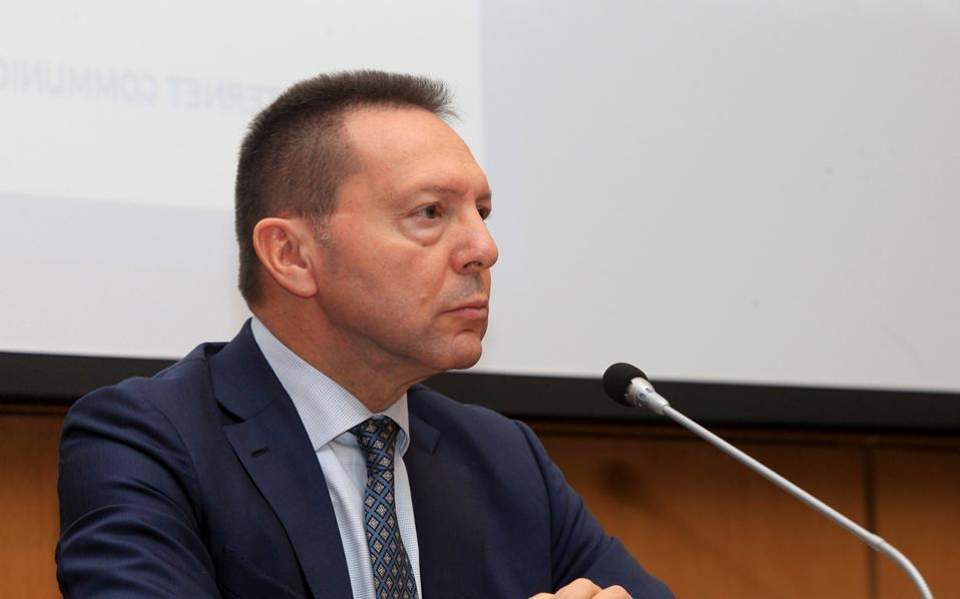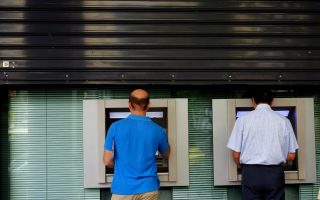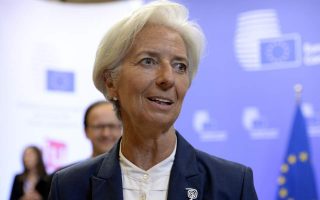Stournaras urges speedy conclusion of bailout performance review

Greece’s economy is recovering after a deep recession and growth is set to pick up in the next two years, the head of its central bank said on Thursday, urging a speedy conclusion to its next bailout review to avoid a new cycle of uncertainty.
“The Greek economy is currently on a growth track. It is now safe to predict that economic activity will continue to pick up at a stronger pace in the near term,” Bank of Greece Governor Yannis Stournaras told the British-Hellenic chamber of commerce.
In 2017 as a whole, gross domestic product was projected to grow by about 1.7 percent, he said, while in 2018 and 2019, growth will quicken to 2.4 and 2.7 percent, respectively, driven by rising investment, consumption and exports.
Greece’s economy expanded 0.5 percent in the April-June quarter, growing for the second straight quarter, driven by gains in exports and higher government spending.
The gradual recovery, which follows a deep recession that saw the economy shrink by a quarter and drove unemployment to record highs, is boosting hopes that Athens will be able to emerge successfully from years of bailouts next August.
Greece’s leftist-led government, which faces a third review of its bailout, is forecasting 1.8 percent growth this year.
The review is expected to start in October.
Stournaras, who is also a European Central Bank Governing Council member, said the central bank’s forecasts were based on the assumption Greece’s reforms and privatizations program “will be implemented consistently and according to schedule.”
He urged a speedy conclusion of the bailout performance review, warning that delays, as was the case with the first and second reviews, must be avoided.
Delays could trigger a new cycle of uncertainty, leading to the suspension of investment plans and undermining the economy’s growth momentum.
“This would weaken the prospects for sustainable access of the Greek sovereign to international capital markets after the end of the [bailout] program in August 2018,” Stournaras said.
He cited the euro’s appreciation as a potential external risk.
“A further rise in the euro exchange rate from current levels could negatively affect goods exports as well as tourism receipts, dampening the economic growth outlook and slowing the pace of exiting the crisis,” he said.
The central banker also urged the country’s banks to step up efforts to shrink their portfolios of bad loans, underlining that the reduction targets they have agreed for 2018 and 2019 are more ambitious than those for this year. [Reuters]





